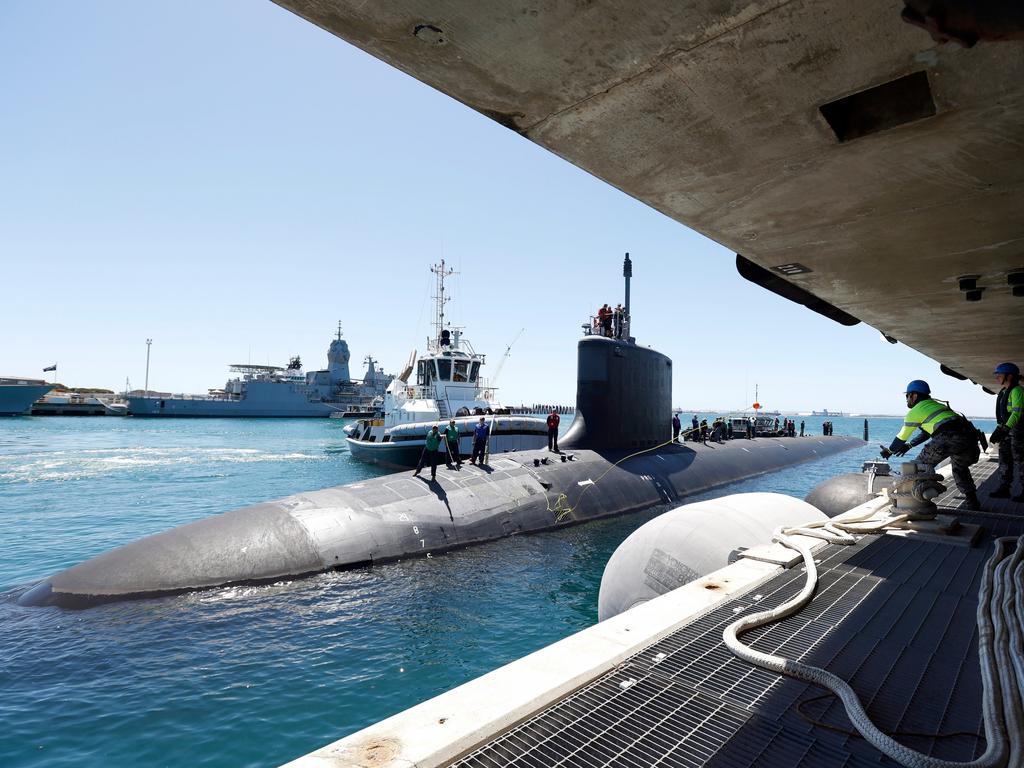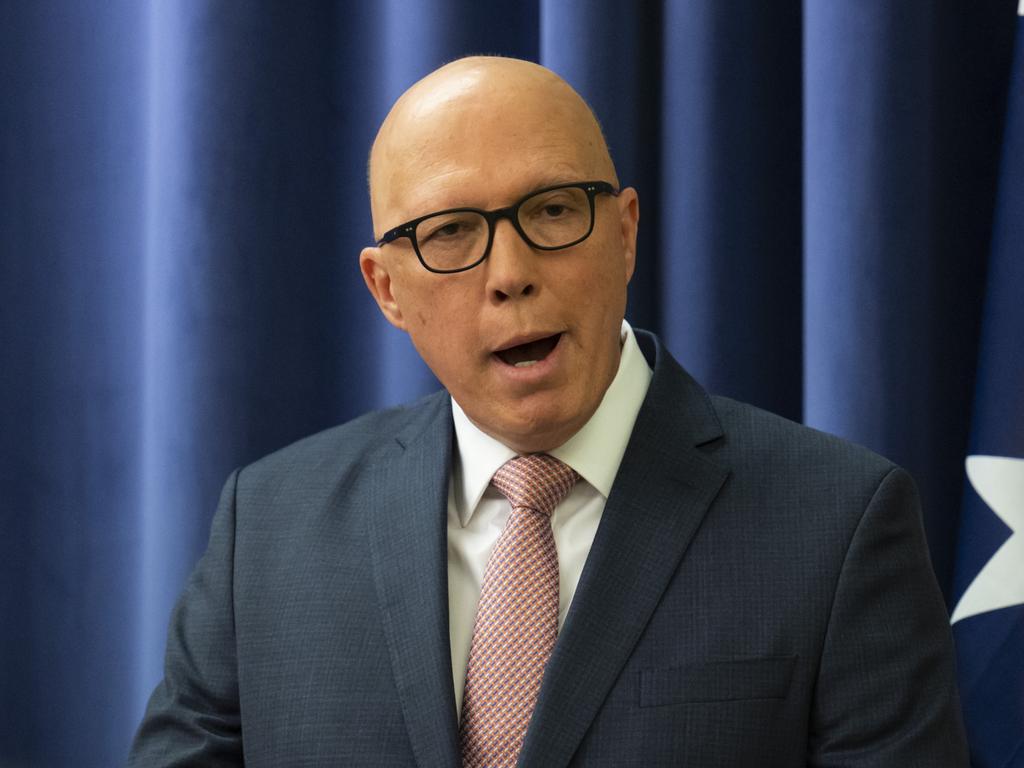AUKUS deal makes Perth the No. 1 military target, says expert
But nuclear weapons policy experts say the disarmament movement looks dead in the water after rising tensions with China and Russia’s invasion of Ukraine.

The AUKUS program will make Perth the top military target in Australia, a leading international policy expert has warned.
And the push for nuclear disarmament is effectively over, with rising tensions with China and Russia’s invasion of Ukraine only reinforcing the need for nuclear deterrents.
The outlook for the global nuclear order was the subject of debate at a three-day forum in Perth this week, some nine years after a similar event in Melbourne at which nuclear disarmament was the dominant topic.
Joe Siracusa, Curtin University’s dean of global futures, and Frank Gavin, director of the Henry A. Kissinger Centre for Global Affairs at the Johns Hopkins School of Advanced International Studies in the US, were at both events and said that the nuclear weapons debate had shifted markedly in recent years.
Professor Siracusa said compared with a decade ago, when then-US president Barack Obama was talking about the potential of a world without nuclear weapons, the disarmament push was “dead in the water”.
“Americans understand how important deterrence is in maintaining the peace,” the Chicago-born professor said.
“It’s ugly and it looks fraught, but at the end of the day we give China, Russia, Iran and North Korea pause.”
The existence of nuclear weapons, he said, continued to have a major role in staving off military conflict between the world’s major powers.
“It tells them on a daily basis that today is not the day to start World War III,” he said.
“Most of the world understands that if you initiate a nuclear war, you’ll probably disappear 30 minutes later.”

But he said Australia’s decision to purchase nuclear-powered submarines under the AUKUS treaty with the United States and the United Kingdom – and associated plans to rotate nuclear-powered and potentially nuclear-armed submarines through the HMAS Stirling naval base in Perth’s south – came with security implications that had not been adequately debated publicly.
“AUKUS here has put Perth down as the number one target,” he said. “Up until now, Perth was always considered a pretty safe place but since AUKUS, Perth has become ground zero. It will become part of everybody’s nuclear targeting.”
While he said Australia should still be pushing ahead with its involvement in the $368bn deal, it should be subject to a major public review every five years to audit the progress of the program and whether it remained a good strategic idea.
Professor Gavin, meanwhile, said AUKUS indicated that Australia had fully committed to a strategy and affiliation with the US and the UK.
“If you talk to people in all three governments, I think it symbolises greater co-operation and integration of grand strategic concepts over time,” he said.
The global uncertainty of the past few years had shown the salience of nuclear weapons on world politics.
“When we met nine years ago in January 2015, there were a lot of people particularly from Australia and New Zealand and the region who were hopeful and advocating for disarmament,” he said.
“There were many Americans there who said, ‘Well, we’d all love disarmament, but deterrence is the foundation of the international system.’ Nine years later, unfortunately, they turned out to be more right than they knew.”








To join the conversation, please log in. Don't have an account? Register
Join the conversation, you are commenting as Logout